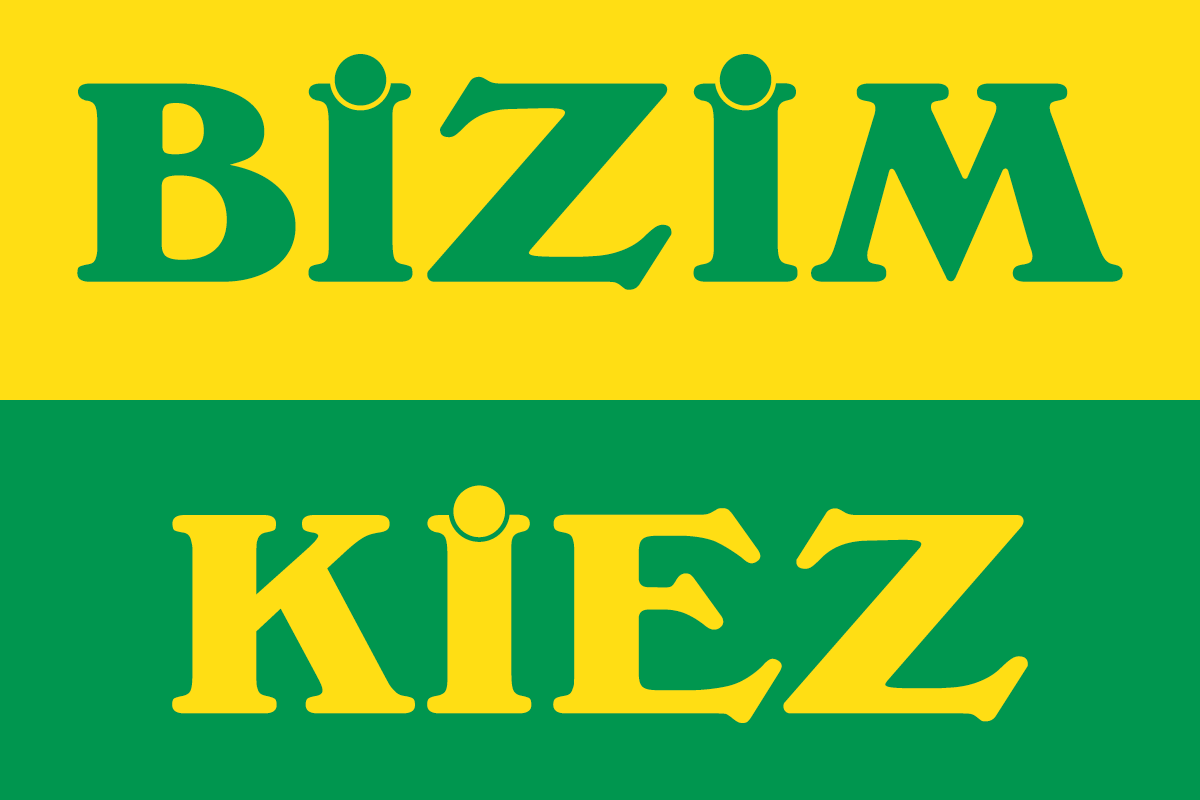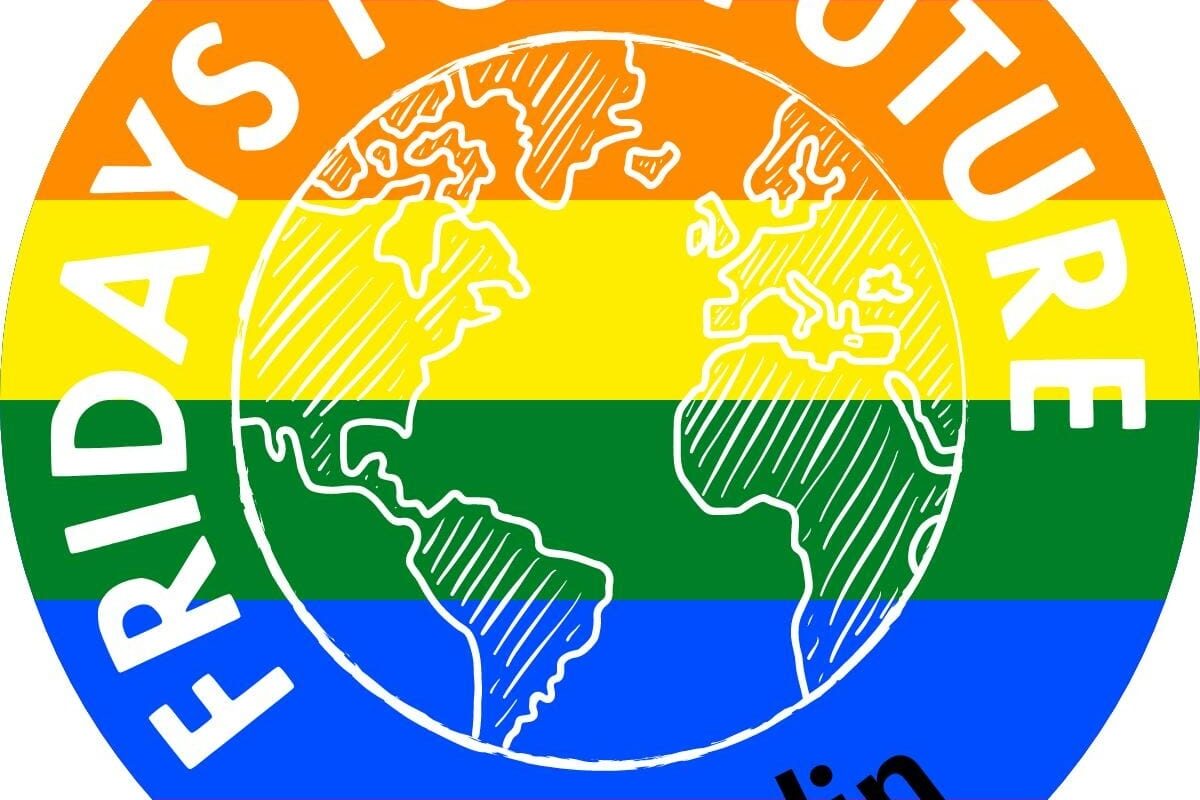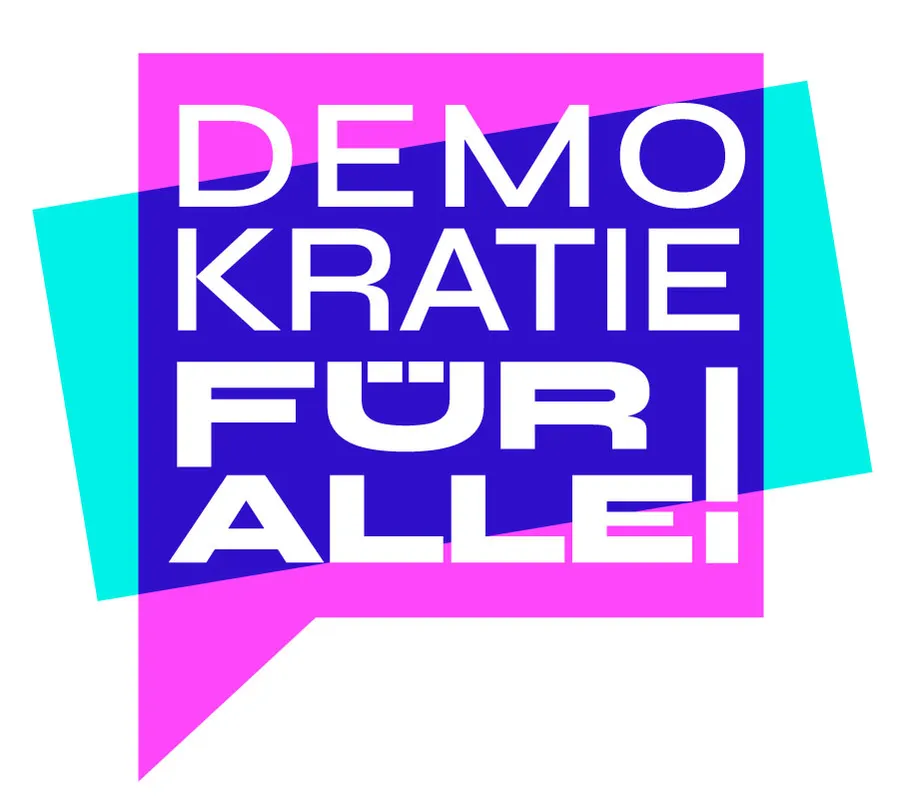Bizim means “Our” in Turkish”. So “Bizim Kiez” means “Our Kiez”. Bizim Kiez was formed in 2015 by disgusted neighbours as a protest against the termination of the family fruit and vegetable shop “Bizim Bakkal” in Wrangelkiez in Kreuzberg. Since then, we campaign as a neighbourhood action group against evictions and for the preservation of living Kiezes.
We experience it everyday: rent rises, terminations, conversions of rentals into private property, evictions, luxury modernisations, psycho terror – our neighbourhoods are nothing else but objects of profit for those people who may be called “investors”, but only want to cash up.
We are making pressure against this sell off of the city: with research and public outreach, with practical help and self-help in conflicts with politics, in cooperation with other initiatives, and of course with diverse political activities on the street.
Strengthen neighbourhoods: we support neighbours who have been threatened with eviction, make joint pressure on owners, bring their machinations and methods into the open, support housing communities, for example with questions about pre-purchase rights, share knowledge and experiences with each other. We don’t just discuss, we also design joint materials for actions, cook for our rallies, text songs, or develop ideas with artists. This is how quite different people come together, get to know each other, and see how they can rely on each other.
Make housing politics for renters: We work on the political level, bring in expertise and have already caused public officials and parties to take measures against the speculative real estate industry and the devastation that it causes. Among other things, we demand a ban on converting rented into private property, real higher limits for rent, the removal of the modernisation allocation according to law §559 BGB, measures against speculation in land and property, remunicipalising homes into “new apartments”, and the promotion of management concepts based on the common good.
We therefore also support initiatives to expropriate the big players, such as Deutsche Wohnen AG and others. To solve the housing crisis we need vehement protection of tenants, sustainably financed building of new properties based on need and public welfare, and a radical social reorientation of communal housing companies.
Defend small shops and social institutions: Whether bakers, tailors or Spätis – small shops do not just guarantee the livelihood of many families and thus provide for the neighbourhood. They also give the Kiez its look and give us all meeting places. Tradespeople, and in particular social institutions with commercial leases, like Kitas or clubs for seniors, have been surrendered to the profit-driven arbitrariness of the real industry without protection. This is why, together with others, we are building networks of solidarity for support. We are fighting together for more tenants’ rights, also for small businesses, trades, social and culture.
But we fundamentally reject corporations and chains (Google, Zalando, Factory, wework or Hotels), which just see our Kiezes as a colourful background for their businesses and want to heat up the dynamic of rising prices. This also means the rising commercialisation and touristification with gastro-monoinfrastructure and holiday homes.
Shape the city with solidarity: The city of solidarity of the many is the social alternative to neoliberal madness, which only understands the city as an area for profit. We want more togetherness and more collective decisions. We stand for social justice for all and against racism. We are part of alliances, networks and projects for a democratic development of the city based on human need.
Join us! We are an open initiative with the character of a platform, and working groups based on subjects and projects, in which everyone can get involved in a variety of ways. If your are interested, you are warmly invited to meet us at our monthly meetings.
Meetings: bizim-kiez.de/events
Newsletter: bizim-kiez.de/newsletter
E-Mail: internet@bizim-kiez.de
Facebook: facebook.com/bizimkiez
Twitter: @bizimkiez
Telephone: 030 61789066



